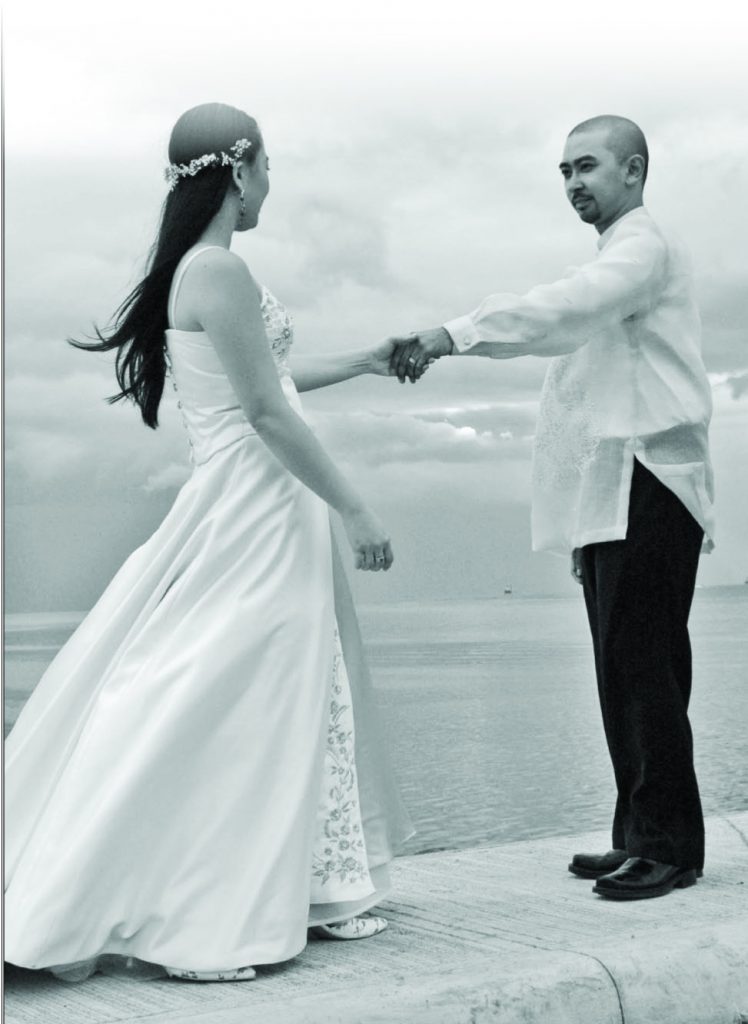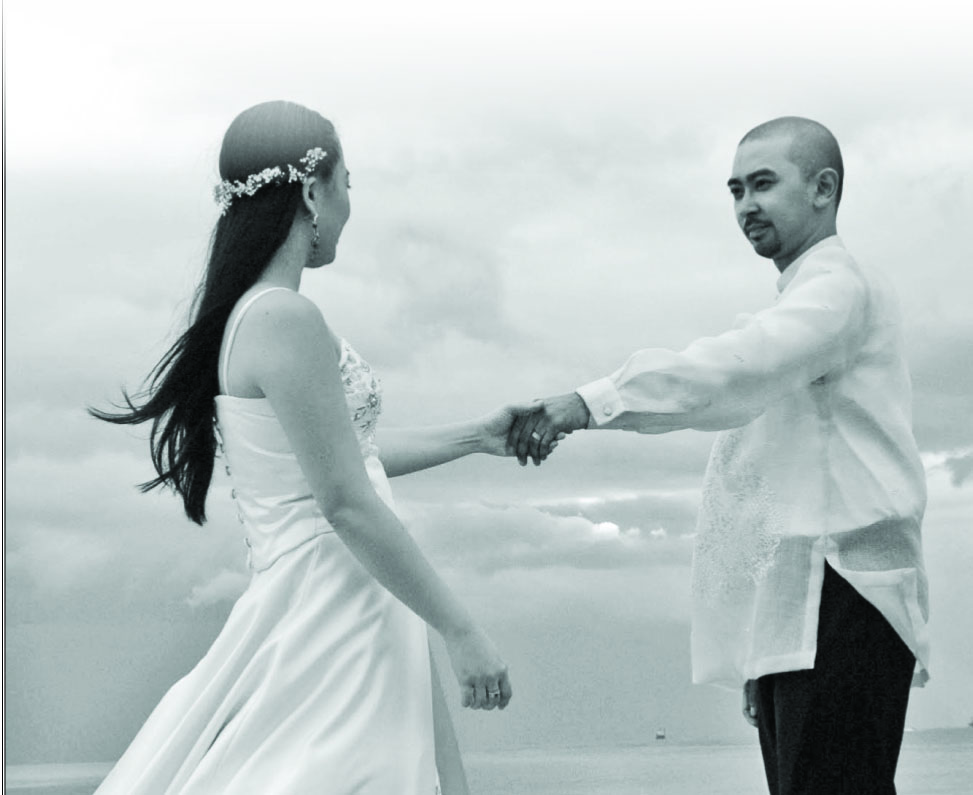June is over. It’s post-wedding season.
Friends whose children are young singles talked about their mating prospects. What kind of person they hope to get for a future in-law. In this multi-cultural society we live in, the question often comes up: what if your son or daughter brings home a girlfriend or beau who is not Tsinoy?
This brings to mind a question from my college-age son not long ago. It came totally out of left field.
“Mom,” my son – uninvolved in any romantic relationship, as far as I know – asked, “do I really have to marry a Chinese girl someday?”
My two children are young adults and unattached, for now. They spent their early childhood years in other countries.
In Manila, they went to schools for the expatriate community. When with their friends, the mix of nationalities make the group resemble a miniature General Assembly of the United Nations.
My kids speak halting Hokkien, took Mandarin classes, and indeed, both look Chinese on the outside. Both speak English like natives. Both read and write in another foreign language as well.
Both understand what it means to be Chinese: respect for grandparents, wearing red on special occasions and black for mourning, the tradition of receiving angpao after greeting an elder relative courteously on birthdays, lunar new year customs, an appreciation for Chinese food, and the fundamental values of honesty, hard work, thrift, and ambition.

Like many Tsinoy children, they are neither wholly Chinese, nor wholly something else.
What I have raised are third-culture kids: children raised outside of their own parents’ culture. Chinese on the outside and… what’s on the inside?
A mix of Asian and Western values, perceptions, attitudes, and yes, when they speak, they certainly do not sound Chinese.
When they speak Hokkien, the sentences sound funny until the listener does a literal translation and realize that word for word, it is perfect grammatically if spoken in English.
媽媽, 奶奶要說話同你.
No one speaks this way in Chinese. But translated into English, it makes perfect sense: “Mama, Grandma wants to speak with you.”
I have friends whose lives have been so transient that they too have raised third-culture children.
They say they tell their kids, “Marry anyone you like, but please don’t bring home someone who looks like this….” And they proceed to describe buggy eyes, frizzy hair, complexion, eye color…
This is effectively saying there is a preference in the nationality of the future in-law. I suppose this is a more polite, gentler way of saying so.
Meanwhile, I know of Tsinoy couples in bad marriages: philandering spouses and domestic violence, perpetrated by either party. No, one gender does not have the monopoly on these transgressions.
These thoughts flashed through my mind as I tried to formulate a thoughtful answer to my son’s question: does nationality matter when looking for a mate?
I took a deep breath.
“No, honey. You don’t have to marry a Chinese girl. It is more important you marry a good person,” I said.
“If that good person happens to be Chinese, then it is a bonus. During weekly dinners with the extended family, there will be no need to translate when thoughts and jokes are flying around in Hokkien.
“There will be a common understanding of tradition and customs, there will be less need to explain why we do – or see – certain things the way we do. There will be less occasion for misunderstandings due to cultural differences.
“Even two people of the same nationality, born in the same community, can have differences of opinion.
“Bottom line is, do your personal and family values match? Marriage is a commitment that takes a lot of work to keep, a relationship that requires effort to grow and time to deepen. The challenges are many, as will be the give and take.
“When two people of different nationalities tie the knot, then it requires a stronger commitment to make it work. There are additional challenges stemming from cultural differences.”
I have close friends in mixed marriages.
The Asian spouses want their rice meals. They believe in strong family ties. The Western spouses want their bread and potato. Many believe strongly in individuality and independence.
Sometimes the issues are complicated. Some work at the differences, laugh them off, and their marriages remain solid.
Others are not so fortunate.
“You just have to work harder at your relationship,” I tell my son.
“Fundamentally, if you have picked a good person for your partner, the odds are pretty good your relationship will be a good one, good for the long run, and good for you both.”
There. I have made a commitment, a statement that I will accept my children’s choices of whoever will become their soulmates. Whatever the nationalities of my future in-laws, I must look into their hearts, and trust that my children will have made the right choices, and found good people to share their lives with. — First published in Tulay Fortnightly, Chinese-Filipino Digest 28, no. 4 (July 21-August 3, 2015): 14.





